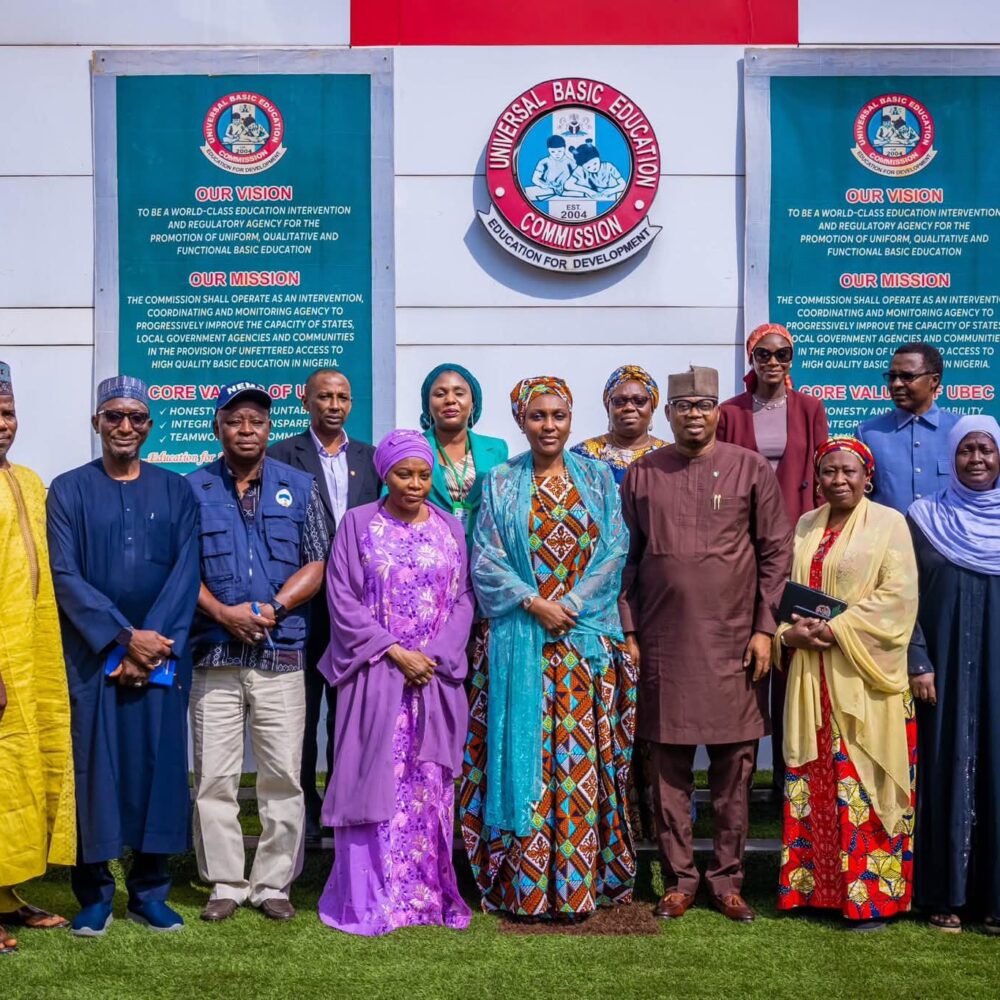The Federal Government has announced a significant overhaul of Nigeria’s education system, unveiled a new 12-year compulsory basic education model. This reform, which replaced the existing 6-3-3-4 system, will integrate secondary education into basic education, providing uninterrupted schooling for students up to the age of 16.
Dr. Tunji Alausa, Minister of Education, made the announcement at the 2025 National Council on Education (NCE) meeting in Abuja, attended by Education Commissioners from all 36 states, the Federal Capital Territory (FCT), and key stakeholders. The new structure eliminated the Junior Secondary School (JSS) and Senior Secondary School (SSS) levels, consolidating the entire secondary phase into a single stage of basic education.
According to Alausa, this reform is designed to tackle high dropout rates, eliminate financial barriers, and improve accessibility to quality education. By standardizing the curriculum, the government hoped to better prepare students for higher education and the workforce, with a focus on both academic and vocational training.
The Minister also proposed that the National Council on Education adopt 16 years as the minimum entry age for tertiary institutions, further ensuring that students are adequately prepared for their futures.
To ensure the successful implementation of the new model, the government has outlined a series of key strategies, including policy reforms, infrastructure development, teacher training, and enhanced funding. The administration is optimistic that this reform will lead to significant economic and social benefits, positioning Nigerian youth for greater success in the global economy.





